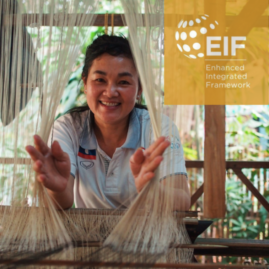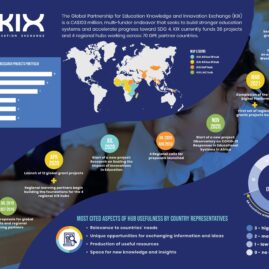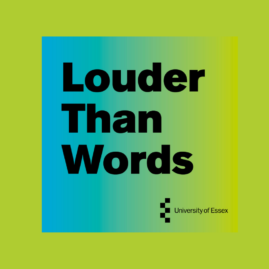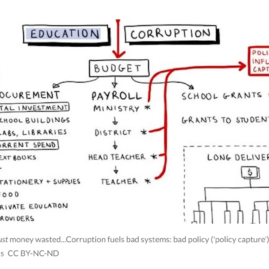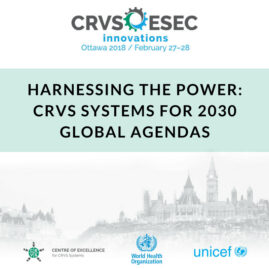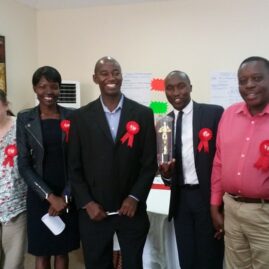Every year, Africa loses almost US$90 billion in the movement of money across borders that is illegal in its source, transfer, or use. That’s nearly 4% of the continent’s GDP. This is money that could be used to build better roads and schools; to improve the health and life choices of citizens; and to support the continent’s own economic growth.
The media plays an important role in making visible and challenging these illicit financial flows (IFFs), but journalists face significant challenges including censorship, competition, and threats to their personal safety in covering this beat. The covert nature of this financial crime makes it tricky to report on, especially without specific training and proper guidance.
The Wealth of Nations is an award-winning programme run by the Thomson Reuters Foundation (TRF) in collaboration with some of Africa’s leading organisations promoting excellence in journalism.
In 2023, CommsConsult was awarded the contract to evaluate the programme.
We put together a global team, including a global expert on IFFs, media trainers and journalists to critique the many dimensions of the TRF programme and its results.
The media as an ally in combating corruption
Thomson Reuters Foundation stands as a formidable force in the journalism landscape, with a mission to drive positive change through the advancement of media freedom and raising awareness of human rights issues across the globe. Its Wealth of Nations programme, funded by NORAD, had three declared outcomes: first, to increase journalists’ motivation and ability to report on IFFs; second, to increase newsrooms’ motivation and capacity to report on IFFs; and finally, to increase stakeholders’ knowledge about IFFs in Africa, as well as their ability to act to reduce IFFs or publish content on the topic.
The programme was delivered between 2017 and 2023, and trained 512 journalists in four languages – Arabic, Portuguese, French and English – at regional level in Africa and at national level in Uganda and Zimbabwe. Its ambition was to train a cohort of journalists and their newsrooms to be capable of and confident to investigate and expose IFFs, with the hopes that this would end up putting pressure on policymakers to address the issue – ultimately contributing to the reduction of IFFs from Africa.
Our evaluation approach
The CommsConsult team looked for evidence of the programme’s impact in internal documentation, and surveyed the journalists trained in all four languages groups. We interviewed more than 60 journalists, editors, trainers and mentors involved with the programme, along with other key stakeholders running similar programmes across Africa. Using our in-depth knowledge and experience of journalism and media training on the African continent, we critiqued the TRF curriculum and a sample of the stories produced. We identified six ‘typologies’ of influence and mapped any evidence that we found of journalists and their stories making a difference in combating illicit financial flows either directly or indirectly, against these categories. We looked at the programme’s impact on gender, and whether and how the programme design and delivery had contributed to these results. We conducted an in-depth case study of the work in Zimbabwe specifically.
We learned a lot!
The team came away with renewed respect for the journalists on the African continent who face enormous challenges in exposing financial wrongdoing. Investigating IFFs is dangerous and costly work and both men and women suffer threats to their personal safety; this is exacerbated by gender-based discrimination and abuse against women. Journalists who choose to report on these topics work in a fiercely challenging context where political pressures, systemic violence and co-opted anti-democratic media systems are daily threats. We found examples of strong journalism that have made public examples of IFFs and triggered wider debate that has put pressure on the people and systems that allow it.
“You do not have to wait for the New York Times to break a story (about IFFs). It’s happening right here on your doorstep and you, as a journalist, can do it. You don’t have to be an accountant. We train you to unpack the complexity (so that) people understand that IFFs filter through all levels of society – and affect me and you.” -Thomson Reuters Foundation trainer and mentor
The CommsConsult team made 10 recommendations in our report to the client and presented our findings to a large group of assembled TRF managers and programme staff in January 2024.
If you think you have a story to tell, we’d love to help. Get in touch to find out how CommsConsult can help your organisation.



